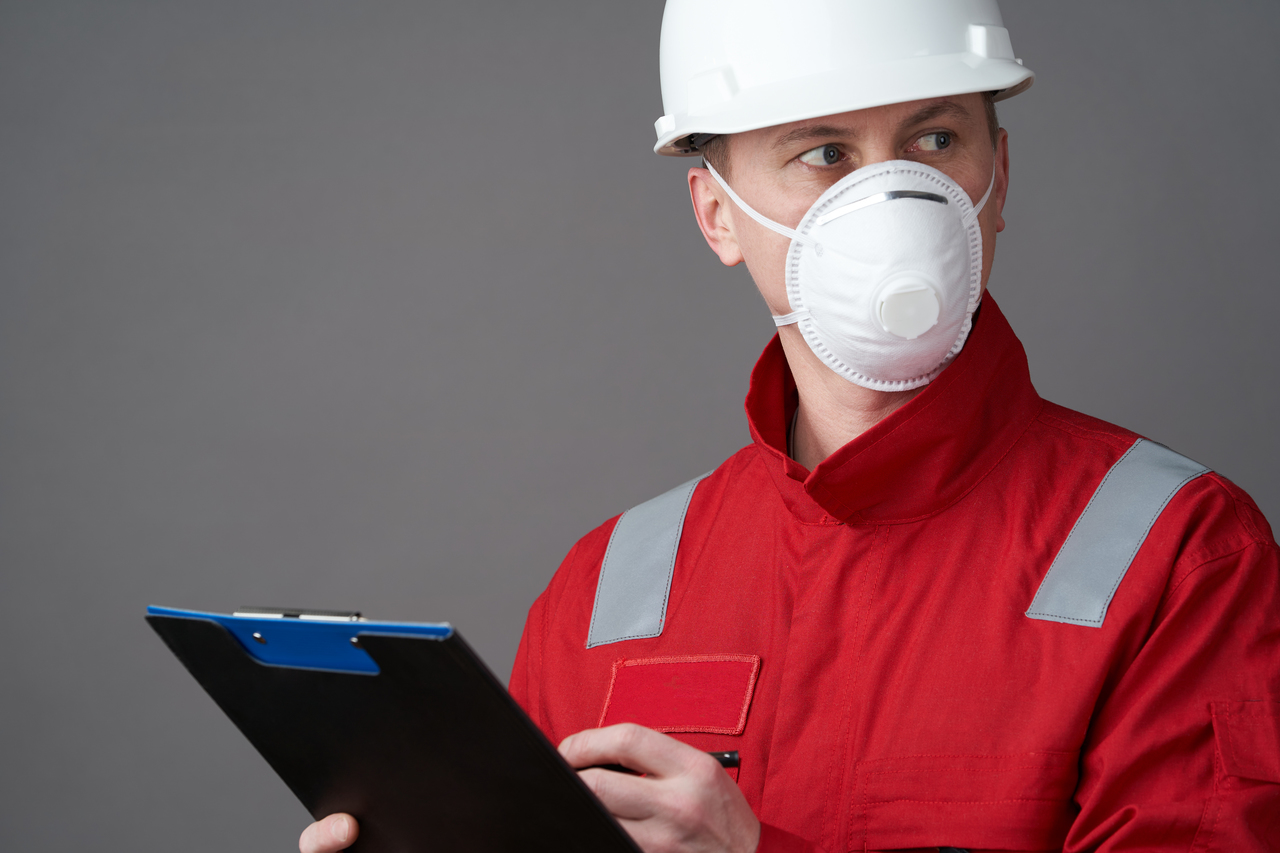How can you practice industrial hygiene during COVID-19?
- Biological Hazards: Virus and Bacteria
- Environmental Hazards: Disinfecting and Deep Cleaning
- Ergonomics: Proper Posture and Stretching
- Psychosocial: Stress
Health and safety must be everyone’s top priority as the COVID-19 pandemic continues to put lives at risk with the numbers of confirmed cases rising all over the world. Despite the continuation of the enhanced community quarantine, essential workers are needed to continue on with their jobs. Aside from our hardworking doctors, frontliners, and agricultural workers, we also have our industrial community. Each sector has its own safety protocols, and for industrial workers, it’s called industrial hygiene.
Industrial hygiene includes identifying workplace stressors that can affect the health and well-being of workers. Although these may already be implemented in the industrial community, emphasizing and doing more during these times can help prevent workers from being at a higher risk of contracting diseases. Today, we’ll go in-depth on how you can apply the key components of industrial hygiene during this global pandemic and other times of crisis.
Biological Hazards: Virus and Bacteria
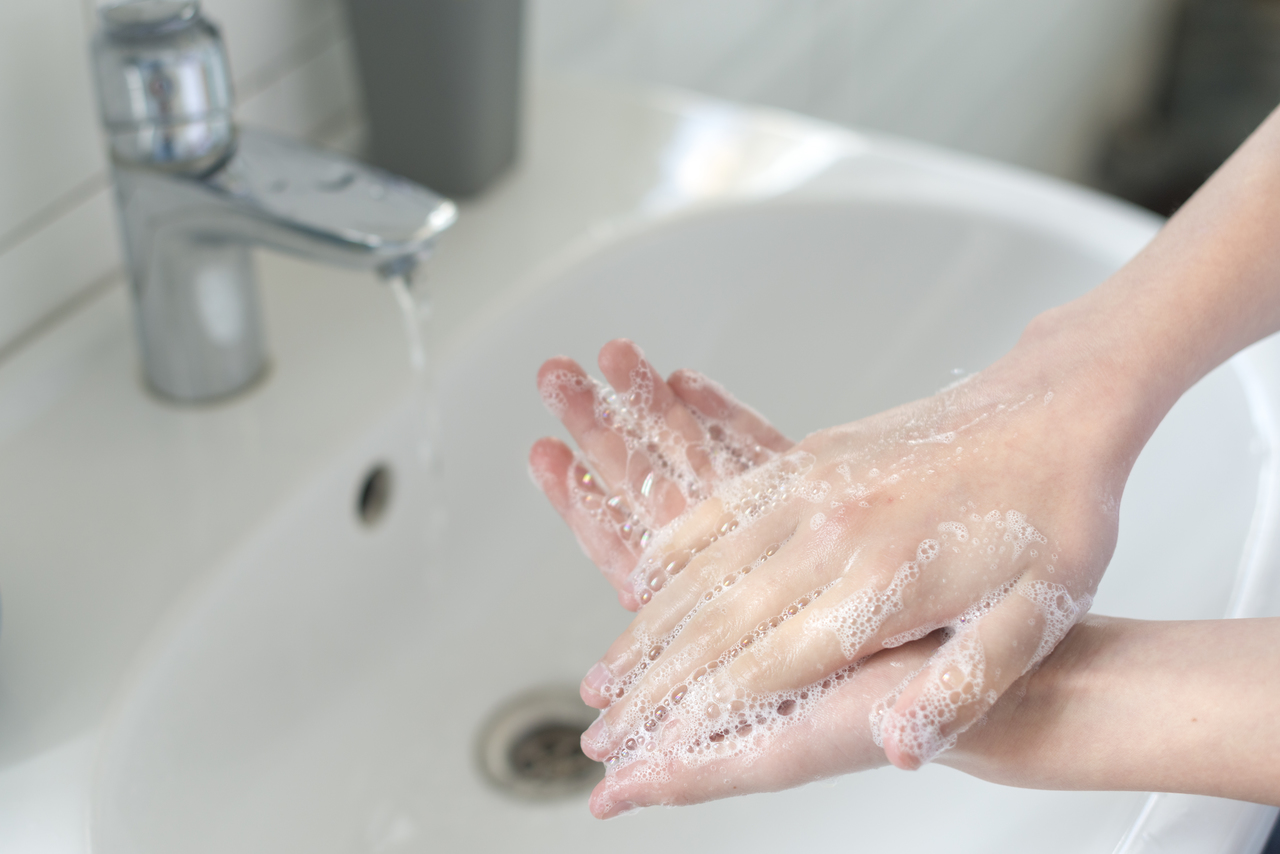
What are the biological hazards in the industrial community? These are living organisms such as fungi, viruses, and bacteria. We all know how these are the biggest factors of both acute and chronic infection. The pandemic today has proved how easily viruses can be transmitted from person to person.
Even though the coronavirus may not be as prevalent in your zone, it is highly important that you take action on proper hygiene in the workplace. The best hygiene practices for biological hazards are frequent handwashing, ventilation, and protective wear (gloves, respirators, bodysuits, and masks). If equipment seems to have toxic microorganisms on it, it is best to isolate the hazard to prevent the spread and transmission of more bacteria in the workplace.
Environmental Hazards: Disinfecting and Deep Cleaning
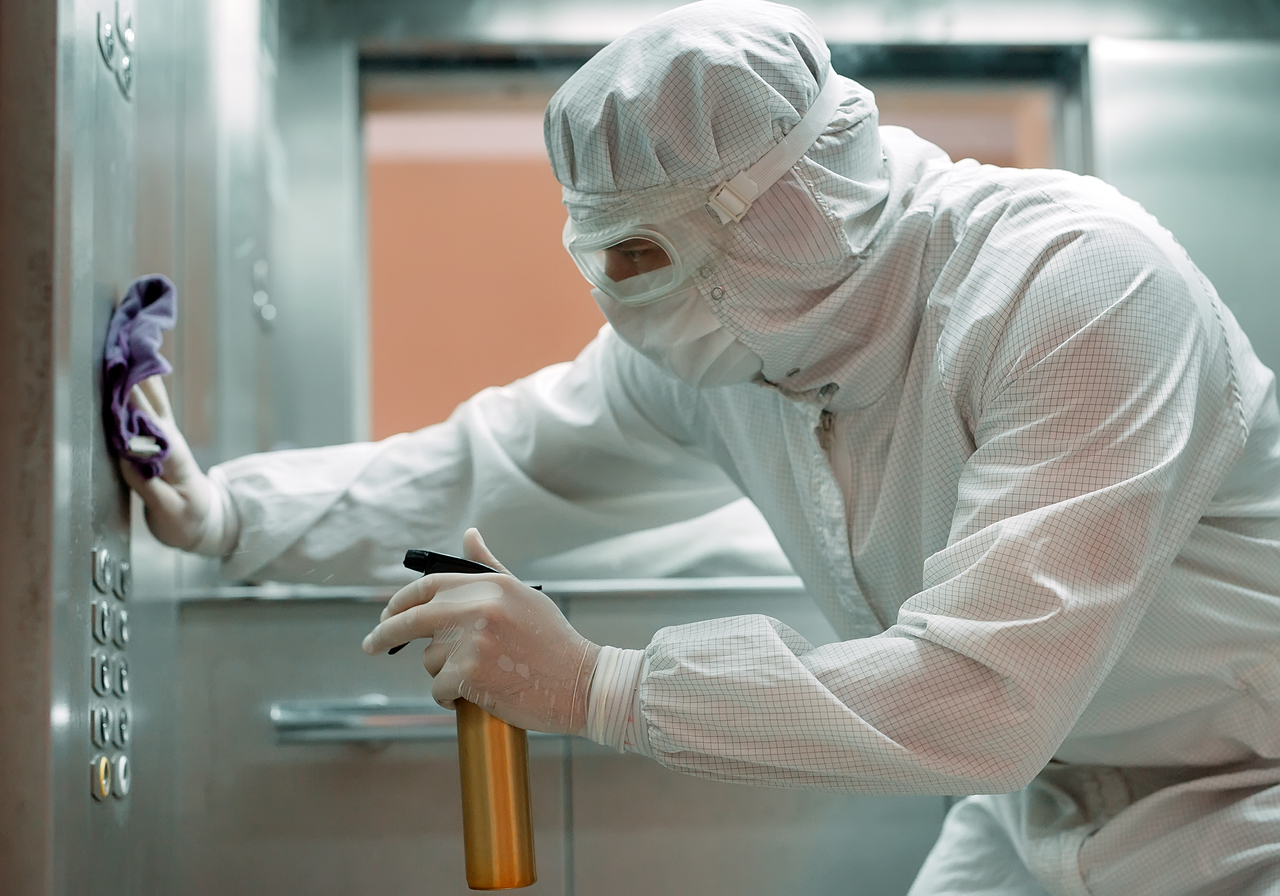
Aside from living organisms, there may also be environmental hazards present in your industrial facility. These are air contaminants and unseen microbes such as dust, particles, aerosols, and droplets. COVID-19 is a disease that is spread when people touch contaminated surfaces and forget to clean and disinfect their bodies afterward. You never know when these can be transmitted in the workplace, especially when the job involves the handling of various tools and machines. Because of this, it is advised to double the effort on cleaning and disinfecting your area.
If in-house staff are to perform deep cleaning and disinfecting, each employee should be designated an area to ensure accountability. Along the side, workers should be provided with the proper equipment, training, and supplies they need to thoroughly clean the workplace.
Ergonomics: Proper Posture and Stretching
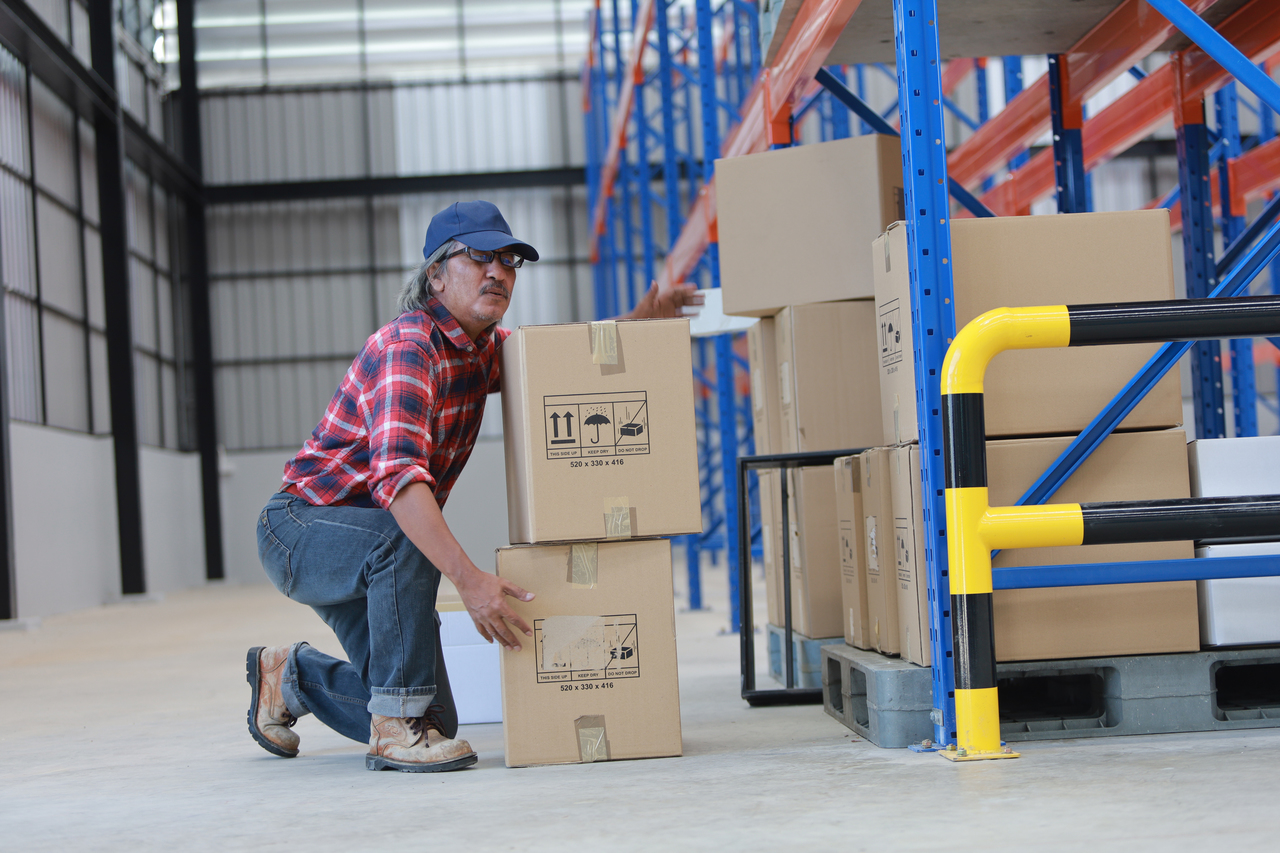
The purpose of ergonomics hazards in the industrial field is to reduce injuries that are associated with bad posture and overuse of joints and muscles. This is valued in the industrial community because proper ergonomics can help prevent lower back injuries, tendonitis, and more concerns regarding the bones and joints. This means that workers are ensured that they are trained in lifting and carrying aspects.
Make sure your industrial community is taking regular breaks and doing various stretches. Some industrial workers can do this by stretching their arms, sides, shoulders, and necks every hour to prevent muscle strain and fatigue. While on the job, posture is as equally important as hygiene.
Psychosocial: Stress
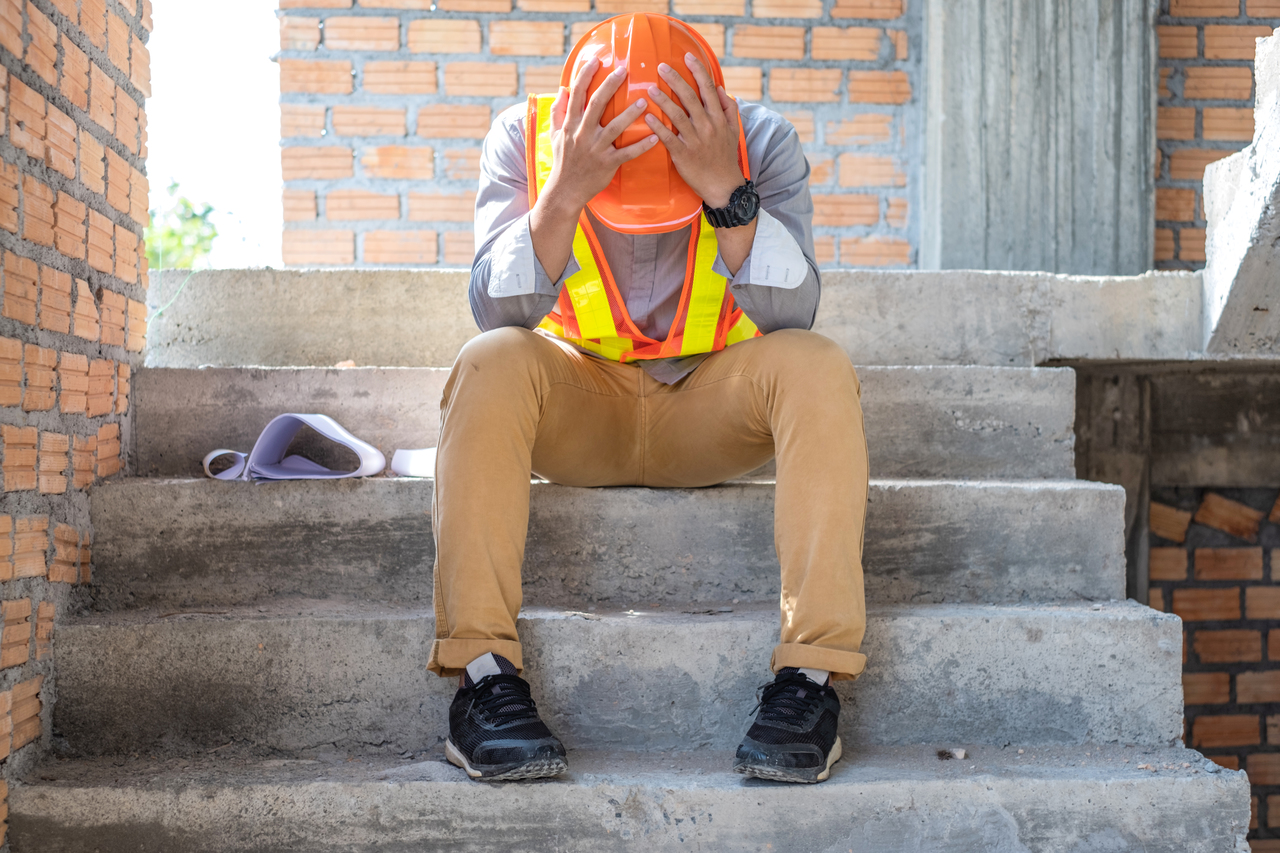
Psychological hazards in the workplace have an effect on workers’ mental health. This could come along the lines of workplace violence, over fatigue, and stress. The well-being of workers is always important, not only in the time of a pandemic. Their mental health should consistently be taken into consideration. Stress is one of the biggest factors of a weak immune system. When workers are stressed, the ability of their immune system to fight off viruses could be minimized and they may be more susceptible to infections.
Key Takeaway
Although these safety hazards are normally implemented in the industrial community, being more careful during a global pandemic will do more good than harm. These efforts in industrial hygiene will ensure a healthier and stronger immune system for your workers. Make sure that employees are well versed in industrial hygiene during COVID-19 so they can work together to create a safer and healthier environment to work in daily.
We hope that we can heal as one as a nation as we fight against the global pandemic. Click here to read how SPPI has been doing its part in helping our fellow countrymen!
